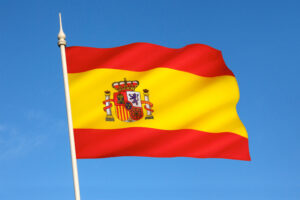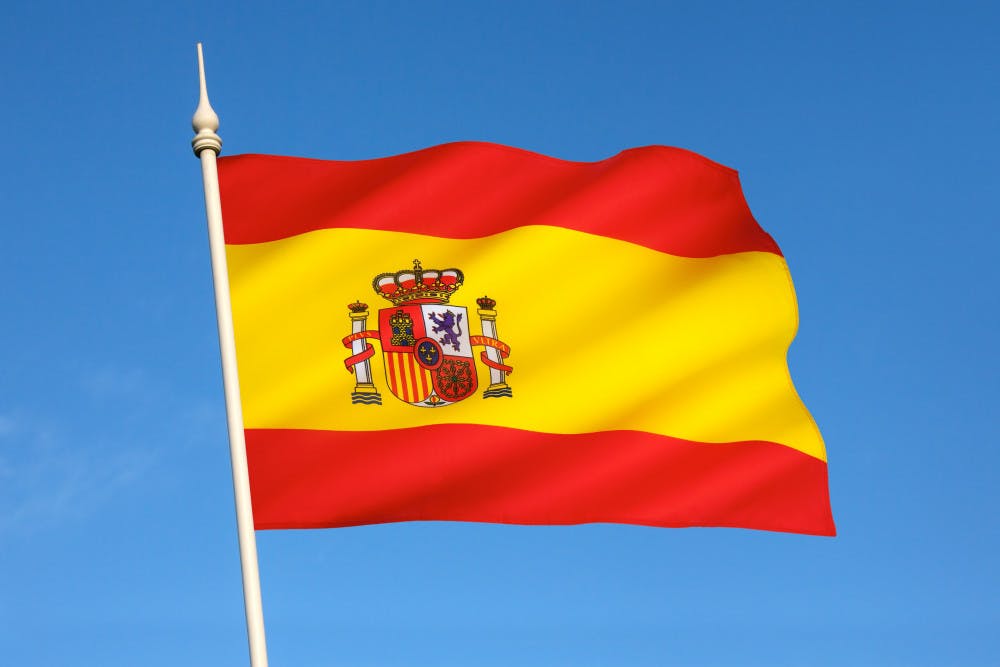By Anandita Mehta
Staff Writer
Police violence broke out on Sunday, Oct. 1, during the illegal referendum that ended with 761 injured citizens, according to The Guardian. The majority voted for independence.
Fox News reported that the Spanish courts on Sept. 27 decided to investigate charges of sedition for organizers of the first attempted Catalan independence referendum protest.
The Los Angeles Times reported that the Spanish central government blocked the highly anticipated independence referendum originally planned for Sept. 20.
Catalonia historically has a strong identity that it considers separate from the rest of Spain, according to BBC. It is located in the northeastern corner of Spain, separated from France by the Pyrenees mountains.
It is one of the most industrialized and wealthy regions of the world and home to 7.5 million residents, according to Reuters.

BBC reported a nonbinding vote in 2014 determined that 80 percent of that population wanted to declare independence, but the Spanish government has made it clear Catalonia cannot constitutionally separate from Spain.
The Los Angeles Times reported that Spain’s military police raided warehouses and government offices in Barcelona, the capital of Catalonia, detaining politicians for campaigning for the referendum.
Madrid is fining arrested politicians between $7,000 and $12,000 each day until they cease their ballot, according to The Washington Post.
The Guardian reported Spain’s attorney general, Jose Manuel Maza, stated that the Catalan president, Carles Puigdemont, could also be arrested for misuse of the public funds Puigdemont used to go ahead with the poll.
Puigdemont declared that the referendum will proceed nonetheless with the strong support of the people behind him, according to The Washington Post.
Several thousands of Catalans in support of the referendum have taken to the streets to protest in front of the courts, which are symbols of the Spanish central government, The Washington Post wrote.
The Guardian reported that campaigners are distributing ballots to encourage people to vote in the referendum.
One student, Malena Palau, told The Washington Post, “We want to vote because we have the right to decide, regardless of what we vote.”
The Washington Post reported that authorities have deployed additional security forces.
The Guardian reported that independence fighters and the Spanish central government are also debating over whether the latter has taken control of the Catalan regional police, the Mossos d’Esquadra.
Should Catalonia actually declare independence, it would not be dealing with the European Union that only talks to member states, according to Reuters. Catalonia would instead deal with Madrid.
Reuters reported one reason some Catalans are pro-referendum is the desire to stop paying high government taxes that are used to fund poorer Spanish regions.
Independence would also have significant ramifications for Spain. The nation would lose 20 percent of its total income, as Catalonia is one of the largest tourist hubs of Spain, The Guardian wrote.
The Guardian reported that some residents are afraid that independence will mean separation from family members that have migrated to different parts of Spain.
There was an outbreak of police violence on Sunday, Oct. 1, during the attempted referendum that ended with 761 injured citizens, according to The Guardian.







